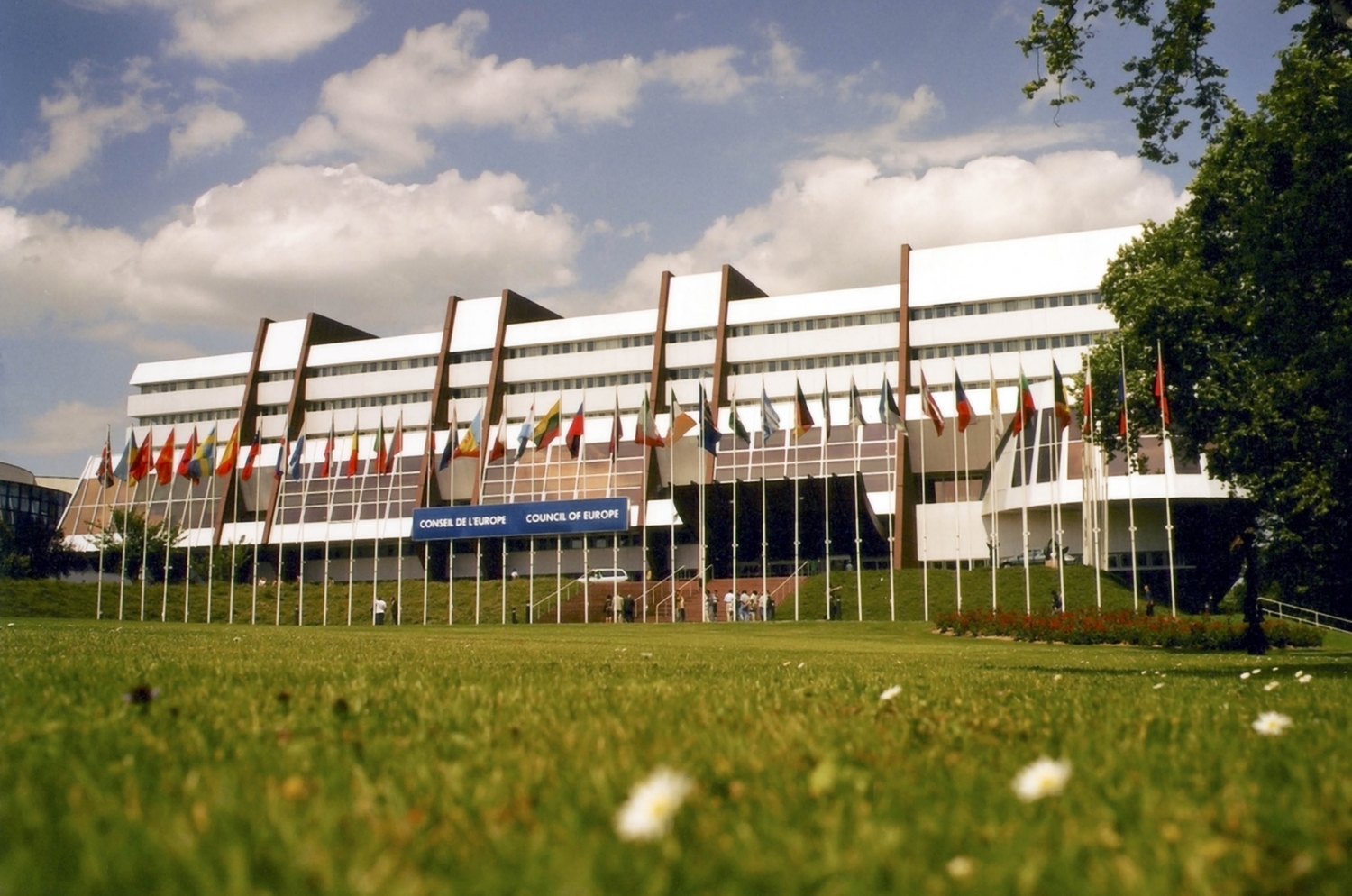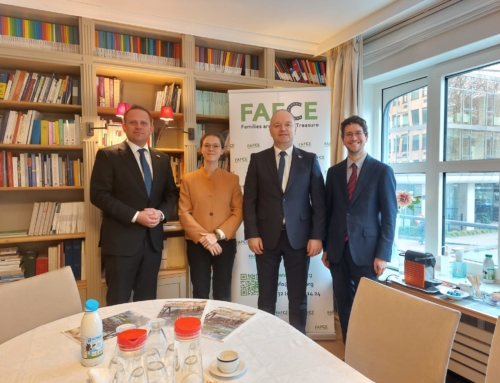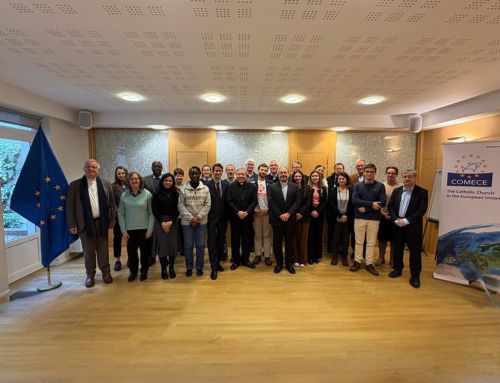Brussels, the 16th of July 2025
During the last Parliamentary Session of the Council of Europe, held at the end of June in Strasbourg, a new motion for a Resolution was presented by Parliamentary Assembly Member Ana Zaborska, titled: “Towards a family-friendly Europe: policy recommendations for demographic renewal”. This motion was signed by 20 members of the Parliamentary Assembly, from 14 countries in Europe and from 4 different political groups (the Unified European Left; the Socialists, Democrats and Greens Group; the European People’s Party; and the European Conservatives). FAFCE welcomes this motion for its strong focus on sustainable and intergenerational family policies.
The motion recalls that “Europe faces significant demographic challenges, such as declining birth rates and an ageing society”, and highlights that “these trends negatively influence society, economy, regional development, pensions, health care and labour market. Exacerbated by the Covid-19 pandemic, the “demographic winter” also affects life expectancy. Additionally, although some European governments adopted family- friendly policies, they did not manage to mitigate the brain drain.”
As it is still a motion for a Resolution, it currently commits only the signatories. To be implemented at national level as a valid soft law instrument, it must be discussed and voted on at the Assembly of the Council of Europe.The Committee on Social Affairs, Health and Sustainable Development (SOC) of the Council of Europe will work on this report for one year on during its Committee Meetings in Paris and Strasbourg, where it will invite civil society, propose amendments, and introduce changes.
FAFCE welcomes the mentions in the motion of:
- the prevention of brain drain from rural regions, including through family-friendly policies;
- recognition of the need to reconcile professional and family life;
- protection of motherhood and promotion of equality between men and women in employment policies;
- support for child-friendly and family-friendly environments,
including housing, childcare programmes, working conditions, and fiscal policies; - the emphasis on changing the “life-course perspective” regarding work, parenthood, and retirement.
The current report is an important step forward in analysing the demographic situation in Europe and identifying possible solutions, in line with the subsidiarity principle. FAFCE encourages Members of the Parliamentary Assembly of the Council of Europe to use this motion as a platform for cooperation on demographic issues, working toward real solutions for families.
FAFCE wishes to recall that enabling families to fulfil their role is not merely a public expense but an investment for governments. In this sense, the State has a particular responsibility not only to prevent poverty but, above all, to remove any obstacles for families to fulfill their role under the best possible conditions. This requires the legal system to provide fair recognition of the essential service families offer to society, and to ensure effective and fair tax justice.
FAFCE has long been raising the alarms on the demographic winter, stressing that “the family is the demographic and democratic future of Europe”.
In a recent comment at the European Parliament regarding demography, Vincenzo Bassi, President of FAFCE, said: “There is no sustainable development without intergenerational balance. We need a new definition of demographic policies because they are currently considered as costs. This is a problem, as demographic expenditures are then seen as a burden on the deficit.”
FAFCE president, Vincenzo Bassi, urges the Members of PACE to “remove the obstacles for couples who wish to have children.”
FAFCE recent articles on demography:
- 24 June 2025 Commissioner Šuica : Member States must implement the Demographic Toolbox
- 25th April 2025 FAFCE President speaks at the Intergroup on Demography of the European Parliament
- 20th March 2025 Launch of the Demography Intergroup at the European Parliament
- 12 March 2025 FAFCE at the 10th European Congress of Local Governments: Families are the solution to Demographic Winter
- 4 February 2025 European Day of Demography: Generational Issues: On the Past and Future of Demography
- 12th December 2024 FAFCE participates on panel in Porto on demographic challenges
- 27th of November 2024 PRESS RELEASE FAFCE Welcomes New European Commission and Calls for Collaborative Action on Europe’s Demographic Winter








